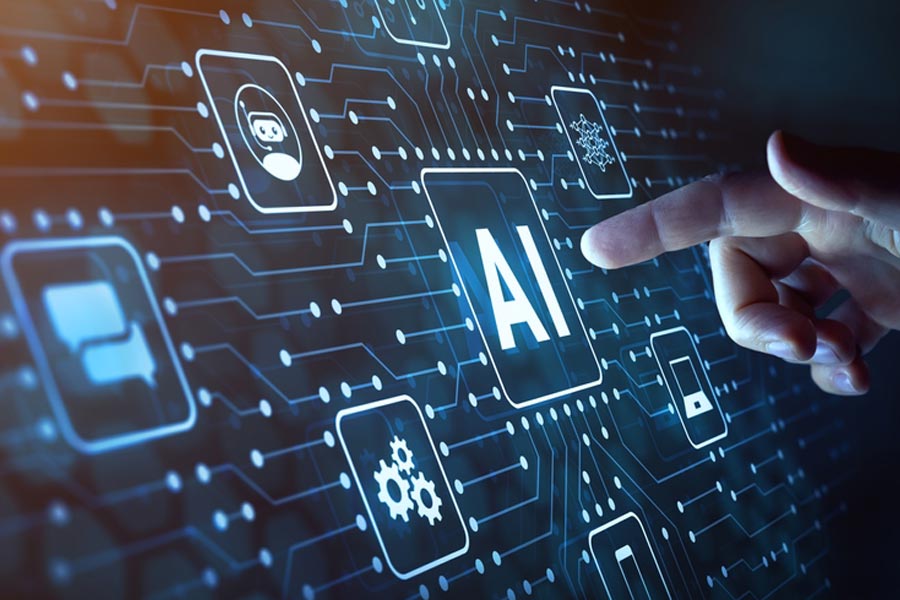Thou shalt not steal, proclaims the Eighth Commandment. But the government of the United Kingdom seems to have a new take on it: thou shalt not have to steal. Consequently, British artists are up in arms against a proposed law, which would allow daylight robbery of their works by permitting Artificial Intelligence companies to use material that is available online for data mining without respecting copyright. The proposal does plan to give artists or creators a so-called ‘rights reservation’ or the ability to opt-out. But this would require writers and artists to notify thousands of different AI service providers — repeatedly, over a lifetime, since new companies can pop up anytime — that they do not want their content used in that way. Since this is practically impossible to achieve, precious works by artists would be there for AI’s grubby hands.
Historically, the contours of theft have been unambiguous: the transgression pertains to a person taking another’s property unlawfully. This is seen as wrongful and suitable punishments are meted out for it. However, AI is changing, as with many things, the concept of thievery too: the replication and the distribution of content across the globe with minimal trace diffuses the concept of original, rightful ownership. AI leaves no proverbial ‘fingerprint’ because it does not merely copy; it can generate new content using the data that it takes from the internet. This makes it challenging to prove claims of plagiarism and leaves the onus of proving theft on the owner of the content rather than placing the burden of guilt on the ‘thief’. AI crime is thus difficult to detect even without such permissive laws as the one being mulled in the UK.
AI’s defenders — they are many — would argue that what the technology does cannot really be called thieving. AI systems, they say, are doing the same thing humans do when they absorb knowledge or influences to create something similar — no less than Shakespeare has been accused of seeking ‘inspiration’ from the works of others. Indeed, drawing a line between influence and imitation is not always easy. But the principle that original material cannot be ripped off and that creative people have rights over their work is widely understood and accepted. In fact, the UK was one of the first countries in the world to establish such rights. It has the oldest copyright law in the world — the Statute of Anne — that was passed in 1710. The beauty of that law is its simplicity — one cannot use another person’s creations without taking permission or paying remuneration. This approach would work perfectly for AI too. Instead of artists having to reach out and protect their work, AI companies should seek consent or pay to
use works by others. There is also a case to extend the idea of such protection to, say, newspaper content, which is the primary fodder for AI at the moment.
The robber barons at the helm of AI innovation would have the world believe that restricting AI’s unfettered access to data is inimical to technological creativity. Rather, it is the mischievous intent to surrender human creative output to AI for it to repurpose and regurgitate that may sound the death knell for original, creative thought.










